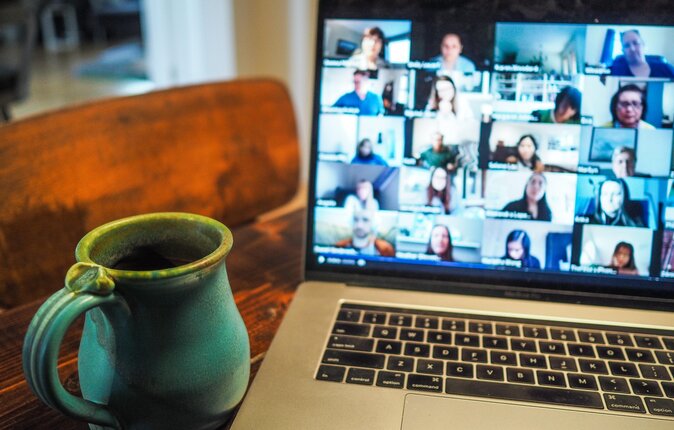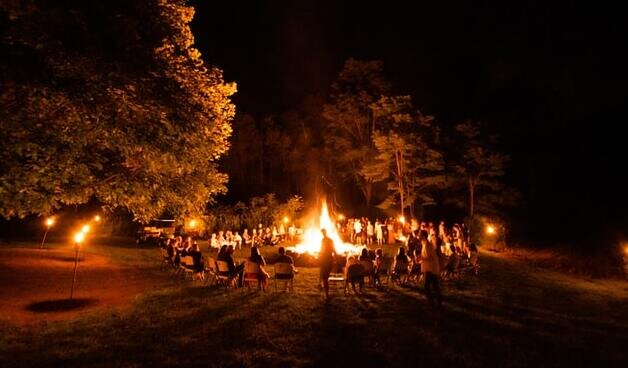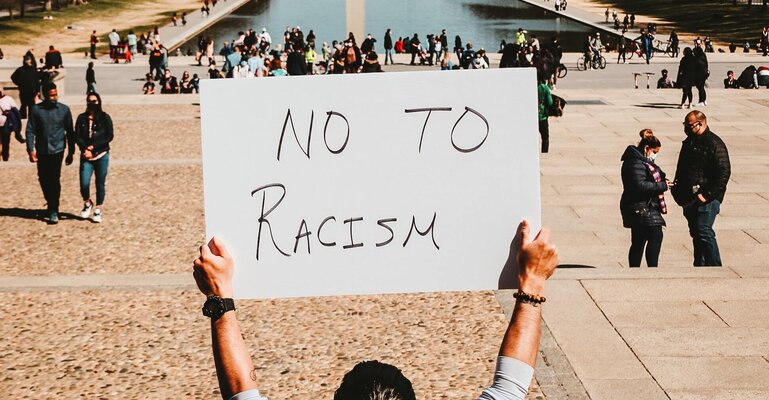The Latest From The Foundation
Dispatches from the network and updates from the Foundation.
View Category
Wexner Graduate Fellowship/Davidson Scholars Program
It is expensive to be Jewish. It is today and it always has been. The cost of being Jewish poses one of the most significant threats to the vibrancy and vitality of our community. As a forward-looking community interested in our future strength, we have an obligation to address the issue of the cost of Jewish life – and particularly the cost of education.
So, when we talk about the prohibitive expense of living a Jewish life, the question is do we not have enough funds to support a community that makes it affordable for everyone to participate, or is it that we have not moved enough hearts to inspire abundant giving?
12
Aug 2021
Cost: A Conversation About People Not Dollars
Pilot WFF and WGF/DS Alum Jennifer Weinstock (Class 26)
I don’t have any easy solutions and yet I hope that the lessons we have learned from this pandemic will push us all to think in new ways about old problems. Let’s commit to radical accessibility, radical welcoming, and making it as easy and compelling to opt into Jewish life as it is to visit a museum in Denmark in pajamas.
Caught off guard, and not sure that as a 24-year-old graduate student I was in a position to opine authoritatively about the Jewish future, I tossed out the first coherent thought I could generate: “I think the Jewish community of the future will be smaller and also more intensely Jewish.”
It can be comforting to hear that what we feel is timeless, a universal and inevitable aspect of the human experience. Sometimes, a quiet moment with a line of ancient poetry or prayer can be just the salve.
Our tradition requires us to honor loss, to share loss, to memorialize loss, to let suffering speak and to build rituals around loss. And, at the right moment, to find hope despite loss, and even to find hope in loss.
We need to get more honest about what we are going through to normalize sitting with brokenness.
Staying committed as allies to reflection and “an active, consistent, and arduous practice of unlearning and re-evaluating,” will hopefully lead us to taking more smart risks and experimentation over the coming year, and the years ahead.
I belong to many Jewish communities, so it is hard to generalize about the positive changes I have seen in racial representation over this past year. Nevertheless, I see progress that has been made.
Even within our own communities, we can flatten and simplify other people’s experiences and narratives without considering the complexity and diversity among us.
Categories
- _About (11)
- _Alumni (6)
- _Core (3)
- _Landing Pages (38)
- _Programs (17)
- _Resources (5)
- _Summits (8)
- Antisemitism (7)
- Climate Change (13)
- COVID-19 (11)
- Difficult Conversations (21)
- Education (4)
- Gender (6)
- General News (144)
- Holocaust (3)
- Innovative Projects (268)
- Intergenerational Communication (6)
- Israel (159)
- Judaism in Online Spaces (11)
- Lessons in Leadership (240)
- Life’s Leadership Moments (294)
- Mentorship (54)
- Peoplehood (154)
- Play (7)
- Pluralism (3)
- Politics (10)
- Power (14)
- Professional Growth (34)
- Racial Justice (10)
- Self-care (25)
- Social Justice/Tikkun Olam (59)
- Summit Seeds (5)
- Text/Holidays (150)
- Uncategorized (6)
- Values and Ethics (24)
- WexFactor (8)
- Wexner Davidson Fellowship (2)
- Wexner Field Fellowship (28)
- Wexner Graduate Fellowship/Davidson Scholars Program (89)
- Wexner Heritage Program (100)
- Wexner Israel Fellowship (47)
- Wexner Senior Leaders (22)
- Wexner Service Corps (4)
- World conflicts (8)










